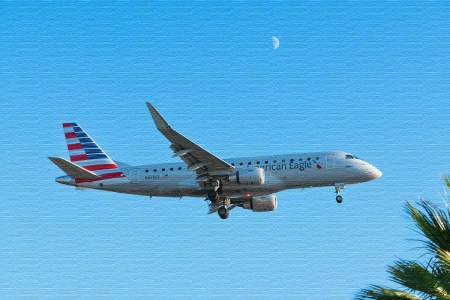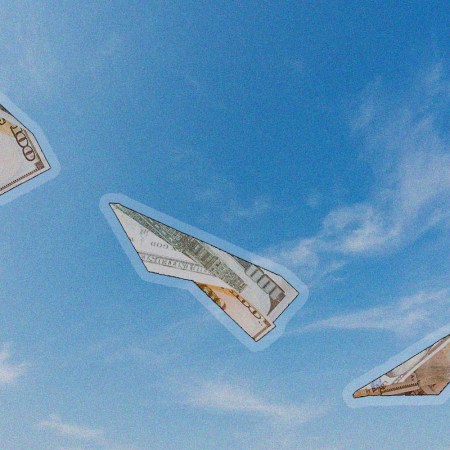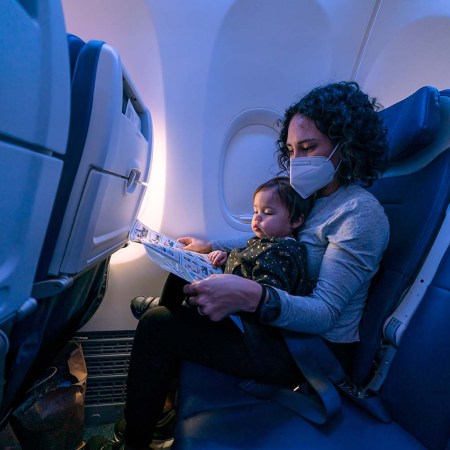Once upon a time, I had an international flight land more than an hour ahead of schedule. “A miracle!” my fellow passengers cheered. “How could it be?!” A strong tailwind, the pilot mumbled in response to hordes of overjoyed travelers as they deplaned. And, to be fair, that almost certainly did play a role. But there was also likely a little more to it than that.
Per Travel Pulse, airlines often pad their scheduled flight times to avoid delays and, by extension, unhappy passengers. In fact, according to a study by Finance Buzz, some airlines are actually padding their flight times by more than 10%. So what does it mean to pad a scheduled flight time? Really, it’s airlines just fudging flight times (in their favor, of course).
That said, even with the extra allowance, many flights are still technically delayed (for the uninitiated, the Bureau of Transportation Statistics defines a delayed flight as one that arrives more than 15 minutes after its originally scheduled time). As Rich Thomaselli posits, sometimes airlines will tell passengers that it takes two and a half hours to get to a destination. In reality, it may only take two hours, but even if it takes two hours and fifteen minutes, passengers will still believe the flight has arrived early rather than late.
These Are the Most Reliable, and Unreliable, Airlines
Believe it or not, Spirit isn’t the least trustworthyAlbeit disingenuous, the practice of padding flight times — also known as “schedule creep” — is relatively widespread. It’s also hardly the most egregious offense the airline industry has committed against passengers. I, for one, would prefer to have my flight time include a buffer so I might have a better shot at planning, rather than the alternative.
The one obvious drawback is that it allows airlines to skirt their own policies surrounding flight delay compensation. But, for what it’s worth, U.S. airlines are not required to compensate passengers when flights are delayed or cancelled anyway, only when they are “bumped” from a flight that is oversold.
It should come as a surprise to none that, at 13.9%, Southwest Airlines is the number one offender of padding flights. Alaska Airlines is second at 11.3% — the irony being that, per a study from Price4Limo’s late last year, Alaska was found to be the most reliable of all the major U.S. carriers. So do with that what you will.
For more travel news, tips and inspo, sign up for InsideHook's weekly travel newsletter, The Journey.



















